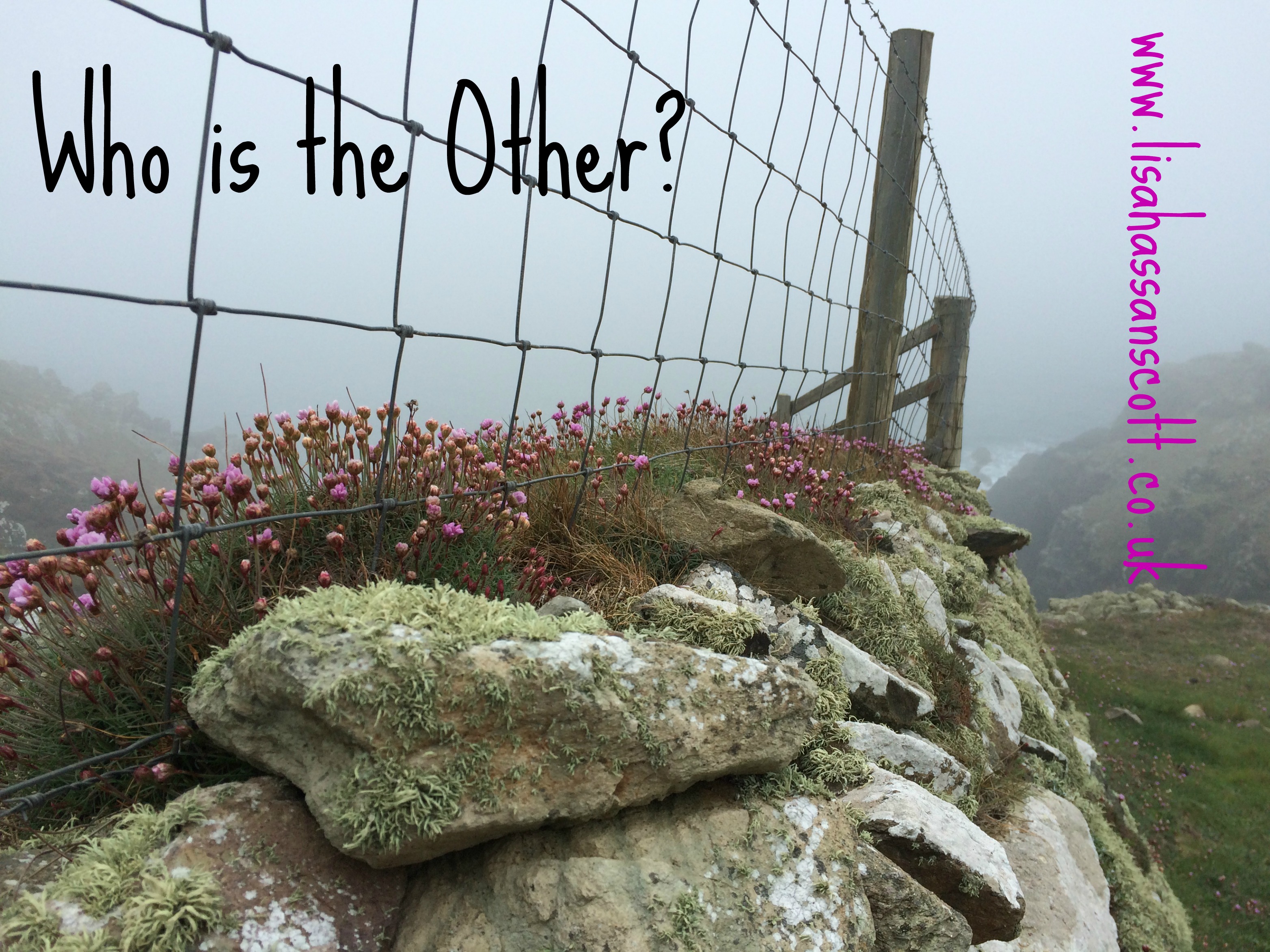It’s been on my radar screen for a while to take the children to the zoo. Something of a tradition at this time of year, I’d been waiting for a free day. Tuesday this week was the day I’d earmarked, but when I got out of bed and heard the rain drumming on my roof, I figured we’d have to leave it to another day.
I wished that I hadn’t told the children about my tentative plan to go to the zoo. Their hard-core lobbying to go eventually wore me down, but not before I threw a bit of a tantrum about the weather, their “unreasonable” insistence on going, my misgivings. Tuesday morning, the most “childish” person in the house was yours truly.
You’d think that after all these parenting years, my reactions wouldn’t come as a surprise. And yet, in the aftermath of a mother-meltdown I sit back and wonder where that one came from. We went to the zoo, the rain cleared up, it was nice and quiet because everyone else stayed home, and we had a brilliant time. On the drive home I wondered why I’d become so upset. Why did I make it such a big deal?
Probably my biggest theme on this blog over the years has been how the experience of parenting my children has become a torch steadily shining its beam onto my very self. When I first became a mother I read books about children and how to parent them. What I’ve learned in my fourteen years as a mother is that it’s not about learning how to raise children, but rather, how to raise myself.
Every time I bump up against one of my own reactions, I learn a little more about who I am. I watch my thoughts and notice my own negativity, my inflexibility, my resistance to fun, my susceptibility to victim thoughts. Other times I become aware of my interior joy in spite of exterior circumstances, my willingness to listen, the strength of my own integrity and resolve.
It always feels as though these ventures into my interior landscape are explorations in uncharted territory. Every parenting “problem” becomes an opportunity to look inside myself and realise how little I know about me.
Part of what makes parenting the self-reflective experience that it can be is the experience of bumping up against discomfort time and again. Each time I find myself faced with something that makes me uncomfortable, I watch my reactions and I learn a little more about myself.
What is required during each of these experiences is the willingness to step back, observe and learn—to embrace my neutral witness and allow it to cast its impartial eye over my thoughts and actions. Additionally, I must approach myself as though I were making a new friend. I give myself the benefit of the doubt, I listen, I ask gently probing questions, I accept. Essentially, I must approach myself with the love that we can bring to every human interaction. I recognise that I am unknown territory, and I approach myself with the curiosity of the explorer, ready to map this new section.
The events of the past weeks have highlighted some common societal views of outsiders. It is no secret that many believe that immigrants are intruders and that those who are different are somehow wrong or damaged. The Other is a threat to be avoided, or worse, punished. The delusion of separateness is strong: some are entitled, others aren’t. Many believe that very little connects us to the Other.
But what if the Other wasn’t the refugee in the life raft or the trans person at your school? What if the Other was you?
How much do you know about yourself? How often do your reactions surprise you? Do you sometimes do and say things that are out of keeping with your authentic self? Do you ever find yourself at the mercy of your own thoughts? Do you, like me, often discover that what you thought at first is actually false?
When we bump up against someone who makes us uncomfortable we might normally ask, “What’s the matter with him?” But what if the first question we asked was, “What does my discomfort tell me about me?” In re-framing our questions, we shift our focus from pathology to exploration. Instead of condemning the other, we embrace curiosity about the Other: the inner Other. Every human interaction is transformed into an opportunity to move inward, to map that inner landscape… to discover who dwells there.
And when we are wholly occupied with that, we soon discover that the gossamer division between the other and the Other is but a construct. A falsehood. A lie. I am in you and you are in me. There is no division.
© 2016 Lisa Hassan Scott.

Comments are closed